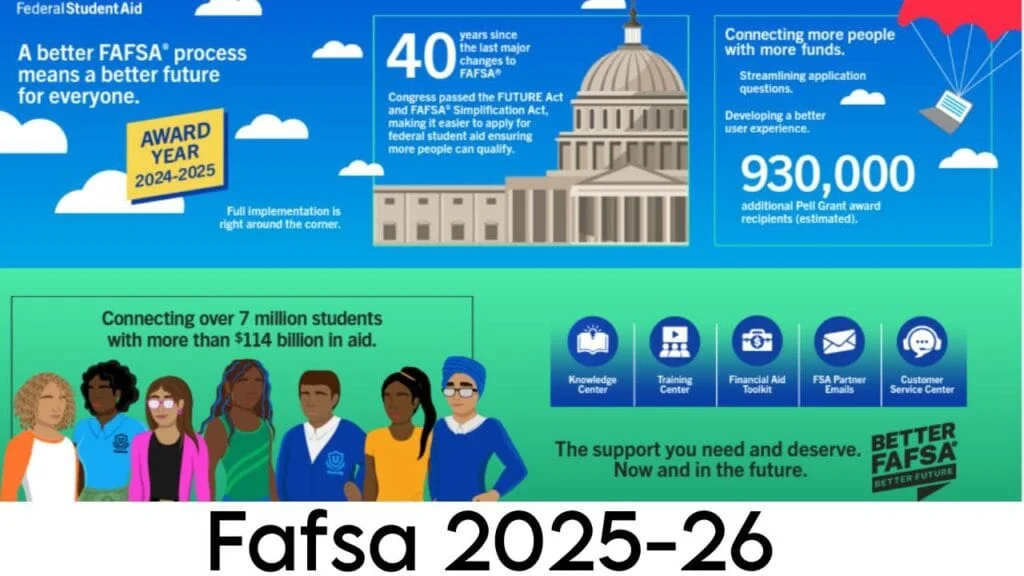$762 SSI Payment 2025 – Check Schedule & Eligibility, Is It True? The rumor of a $762 Supplemental Security Income (SSI) payment in 2025 has created a lot of buzz among senior citizens, low-income individuals, and people with disabilities. Many are wondering: Is it true? Is the Social Security Administration (SSA) actually issuing $762 monthly in SSI benefits? This guide clarifies the situation, outlines the eligibility rules, and provides insight into the real payment schedule.
What Is SSI?
Supplemental Security Income (SSI) is a federal income support program managed by the Social Security Administration (SSA). It is designed to assist:
- Individuals aged 65 and above
- Adults and children with disabilities
- Low-income individuals who meet specific financial criteria
The SSI payment is separate from Social Security retirement or disability insurance payments, and it’s funded by general tax revenues rather than Social Security taxes.
Overview of the $762 SSI Payment in 2025
| Feature | Details |
|---|---|
| Payment Type | Supplemental Security Income (SSI) |
| Issuing Authority | Social Security Administration (SSA) |
| Monthly Payment Amount (2025) | Up to $943 (individuals), $1,415 (eligible couples) |
| $762 Figure | Average/typical individual benefit (not guaranteed) |
| Actuality | True, but not a fixed national rate for everyone |
| Eligibility Basis | Income, living arrangements, and disability status |
| Payment Frequency | Monthly |
The $762 amount is real, but it’s not a flat rate for everyone. It may reflect the average monthly SSI benefit for individual recipients in 2025, depending on factors such as income, location, and living arrangements.
SSI 2025 Monthly Payment Schedule
SSI payments are typically made on the 1st of each month. However, if the 1st falls on a weekend or federal holiday, the payment is issued on the last business day of the previous month.
| Month | Scheduled Payment Date |
|---|---|
| January 2025 | December 31, 2024 |
| February 2025 | February 1, 2025 |
| March 2025 | March 1, 2025 |
| April 2025 | April 1, 2025 |
| May 2025 | May 1, 2025 |
| June 2025 | May 30, 2025 (May 31 is Saturday) |
| July 2025 | July 1, 2025 |
| August 2025 | August 1, 2025 |
| September 2025 | August 29, 2025 (September 1 is a holiday) |
| October 2025 | October 1, 2025 |
| November 2025 | November 1, 2025 |
| December 2025 | November 29, 2025 (December 1 is Sunday) |
These dates apply only to SSI beneficiaries. People who receive Social Security retirement or disability payments have different schedules, usually based on their birth date.
Eligibility Criteria for SSI in 2025
To qualify for SSI in 2025, applicants must meet several financial and non-financial criteria. These include:
Age Requirement
- Must be 65 or older, or
- Be blind or disabled at any age
Income Limits
- Countable income must be below federal thresholds
- SSI benefits are reduced dollar-for-dollar by other income sources (after exclusions)
Asset Limits
- Individual limit: $2,000 in assets
- Couple limit: $3,000 in assets
(Certain items like your home and vehicle are excluded)
Citizenship or Residency
- Must be a U.S. citizen or qualified non-citizen
- Must live in one of the 50 states, D.C., or the Northern Mariana Islands
Living Arrangement
- Your benefit amount can be affected by where and with whom you live
How to Apply for SSI in 2025
| Step | Description |
|---|---|
| 1. Initial Contact | Call SSA at 1-800-772-1213 or visit a local office |
| 2. Submit an Application | Apply online at SSA.gov (if eligible) or in person |
| 3. Provide Documentation | Proof of age, income, assets, and disability status |
| 4. Wait for Determination | SSA will notify you of approval or denial |
| 5. Appeal (if needed) | You may file for reconsideration or a hearing |
It can take several weeks or months to process applications, especially for disability-related cases.
How Is the $762 SSI Payment Calculated?
The final amount each person receives is calculated using this basic structure:
| Component | Explanation |
|---|---|
| Federal Base Rate | $943/month for individuals in 2025 |
| Income Deductions | SSA subtracts any countable income |
| State Supplements (if any) | Some states add extra payments to the federal base |
| Living Arrangement Adjustments | Reduced payment if living with others providing support |
Thus, someone may receive $762 if they have minor income deductions or reside in a state with average cost-of-living adjustments.
Is the $762 SSI Payment in 2025 Real?
Yes, the $762 figure is real, but it doesn’t apply to every recipient. It is close to the average monthly benefit for individuals receiving SSI in 2025, after adjustments for income and living arrangements. It’s not a new or bonus payment, and it’s not a special one-time benefit. It represents what a typical eligible person might receive under existing SSI rules.
Frequently Asked Questions (FAQs)
Is everyone getting $762 per month in SSI?
No. SSI benefits vary based on income, living situation, and state supplements. $762 is an average amount, not a flat benefit.
Can I get both SSI and Social Security retirement?
Yes, if your retirement benefits are low enough to still meet SSI’s financial eligibility requirements.
Is the SSA giving out bonus checks in 2025?
As of now, there is no confirmed bonus or additional SSI payment beyond standard monthly disbursements.
Do I need to reapply for SSI every year?
No, but SSA conducts periodic redeterminations to verify continued eligibility.
Can non-citizens qualify for SSI?
Some lawful permanent residents and certain refugee categories can qualify under strict conditions.
Conclusion
The $762 SSI payment in 2025 is not a new stimulus or bonus—it reflects the typical benefit for many current SSI recipients under the standard rules. Eligibility depends on age, disability, income, assets, and citizenship status, and monthly payments are adjusted accordingly. If you think you may qualify or want to understand your benefit level, contact the SSA directly or start your application on SSA.gov.
Disclaimer
This article is for informational purposes only and does not constitute legal or financial advice. The figures and regulations referenced are accurate as of 2025 but may change. Always consult the Social Security Administration or a certified advisor for the most accurate and personalized information.






